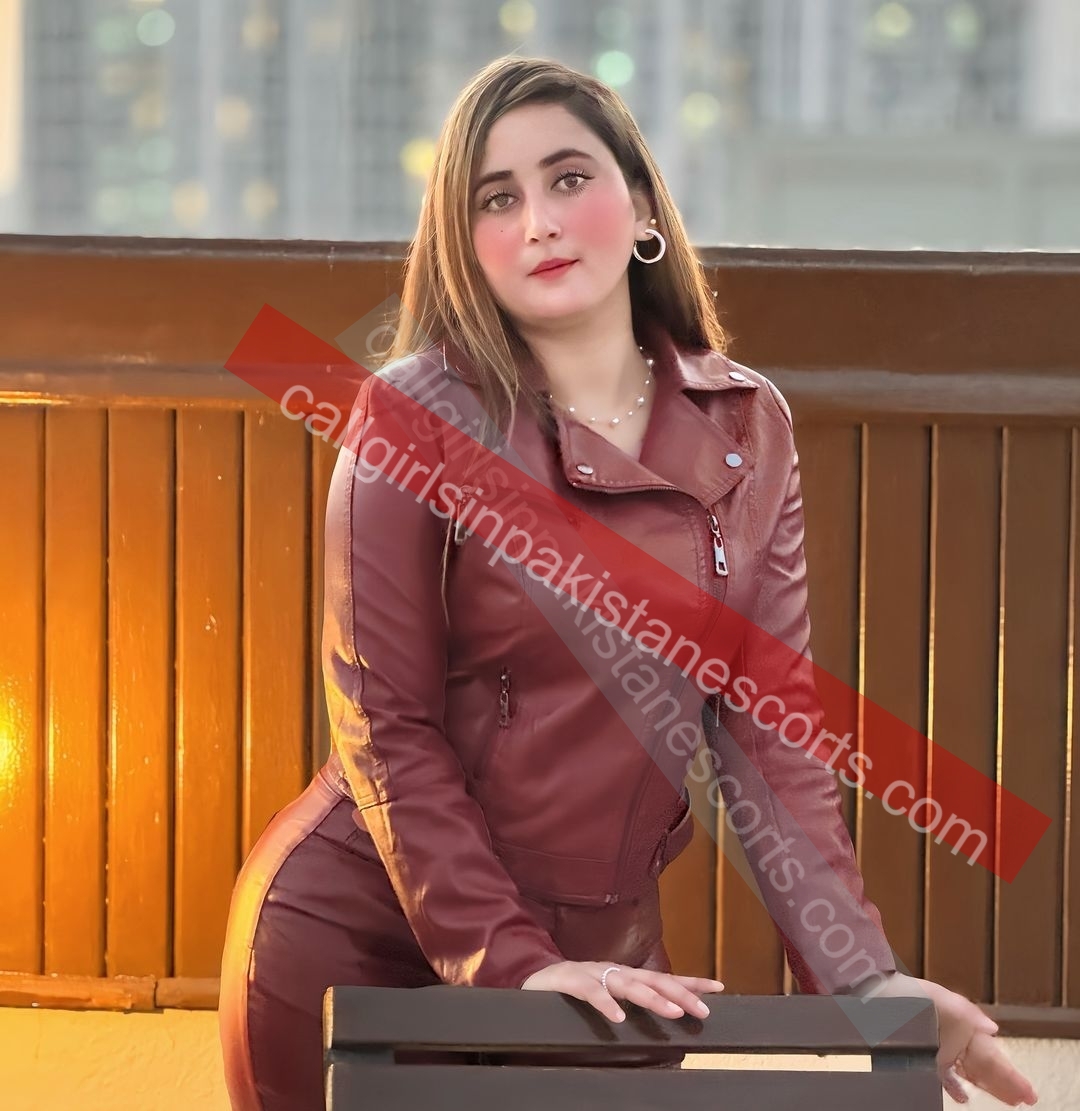Lahore, the cultural heart of Pakistan, is a city steeped in tradition, rich history, and vibrant modernity. However, beneath Escorts Services In Lahore of hidden lifestyles and subcultures, including the often-taboo subject of sex work and LGBTQ+ relationships. Among these, the emergence of lesbian call girl services has begun to attract attention, challenging societal norms and highlighting the complexities of sexuality in a conservative society.
Understanding the Context
In Pakistan, the LGBTQ+ community faces significant social stigma and legal challenges. Homosexuality is criminalized Lahore Escorts individuals to live in secrecy and fear of persecution. Despite this, various underground networks have developed to cater to the needs of this marginalized group, offering companionship, intimacy, and understanding that may be hard to find elsewhere.
Lesbian call girl services, while often shrouded in secrecy due to legal and cultural implications, represent a form of agency for women who choose to engage in this line of work. These services not only provide a means of financial independence but also create safe spaces for women to explore their sexuality away from prying eyes.
The Appeal of Lesbian Call Girls
For many clients, the appeal of engaging with a lesbian call girl service lies in the desire for genuine companionship and connection. In a society where female bonding is often misunderstood or stigmatized, these services provide an opportunity for intimacy that transcends traditional expectations. Clients may be seeking emotional support, sexual satisfaction, or simply a respite from societal pressures.
Moreover, clients are often drawn to the discretion that such services provide. In a city where privacy is paramount, the ability to connect with someone who understands the nuances of queer life can be incredibly liberating. This can be especially significant in a conservative environment where traditional romantic avenues are fraught with risks.
Challenges Faced by Providers
The women who work in lesbian call girl services face a myriad of challenges. They must navigate a complex landscape of legality, societal rejection, and personal safety. The dual stigma attached to both sex work and homosexuality often compounds their struggles, making it difficult for these women to find support or escape from potentially exploitative situations.
Additionally, many providers have to exercise extreme caution in their operations. They often use pseudonyms, conduct meetings in discreet locations, and rely on word-of-mouth referrals to keep themselves safe. The fear of violence or discrimination based on their profession or sexual orientation looms large, making their work both dangerous and clandestine.
The Role of Technology
In recent years, the proliferation of technology and social media has transformed the landscape of sex work, including lesbian call girl services. Online platforms provide anonymity and facilitate connections between clients and service providers without the need for face-to-face meetings initially. This technological shift allows for greater security and privacy, enabling women to feel safer as they navigate their professional and personal lives.
Social media also plays a crucial role in the visibility of LGBTQ+ issues within Pakistan. Activists and community members use these platforms to advocate for acceptance, raise awareness about the struggles faced by queer individuals, and promote rights and freedoms. The increasing visibility of LGBTQ+ narratives plays a vital role in normalizing discussions around sexuality in the broader cultural discourse.
A Step Towards Acceptance
While lesbian call girl services in Lahore may be seen as a controversial aspect of the city’s nightlife, they also serve as a microcosm for the evolution of LGBTQ+ relationships in Pakistan. The existence of these services underscores a significant aspect of human experience: the need for connection and the inherent right to love freely.
As societal views on sexuality gradually shift due to globalization, education, and activism, there is hope for more significant acceptance and understanding of diverse sexual orientations. Discussions about services like these can contribute to broader conversations about human rights, freedom of expression, and the necessity for safe spaces for all individuals, regardless of their sexual orientation.






